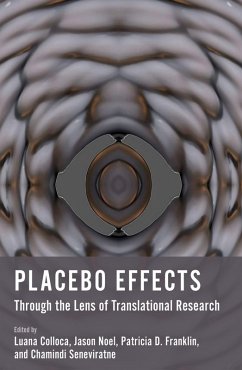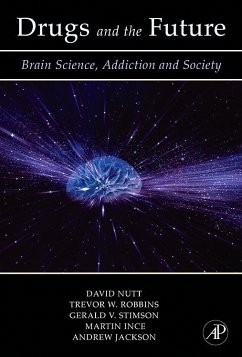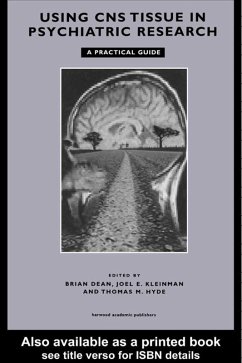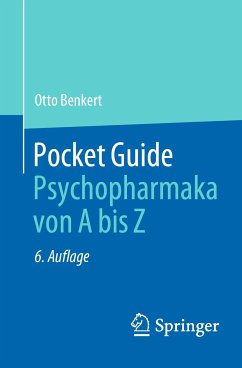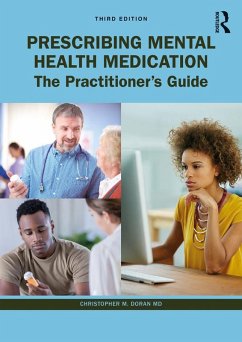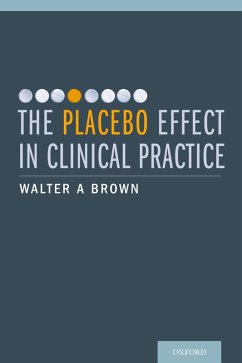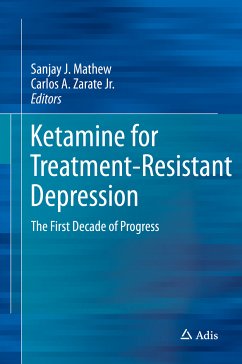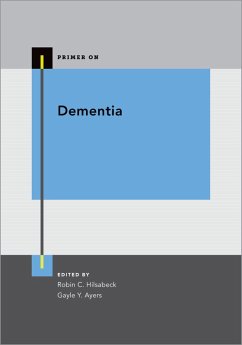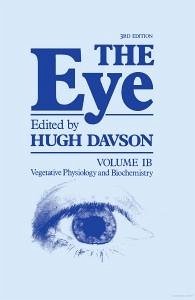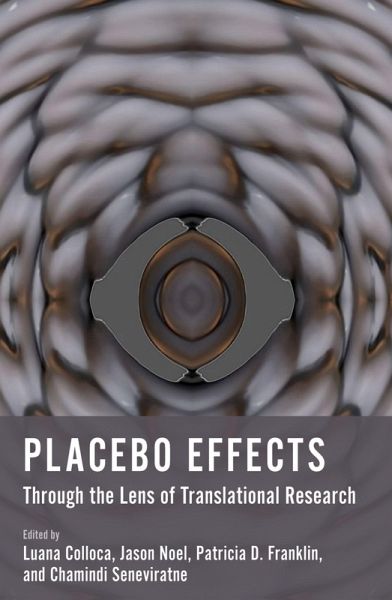
Placebo Effects Through the Lens of Translational Research (eBook, PDF)
Versandkostenfrei!
Sofort per Download lieferbar
0,00 €
inkl. MwSt.
Weitere Ausgaben:

PAYBACK Punkte
0 °P sammeln!
Placebo Effects Through the Lens of Translational Research is an Open Access book integrating current knowledge on placebo research in healthcare to develop comprehensive and adequate strategies for better symptom management and treatment responses. This edited collection features the work of experts in placebo studies, including women, people of color, and international scholars, helping to diversify the existing scholarship in the field. It presents the latest research findings while also considers theoretical aspects of placebo. Together, the chapters in this volume help bridge the gulf bet...
Placebo Effects Through the Lens of Translational Research is an Open Access book integrating current knowledge on placebo research in healthcare to develop comprehensive and adequate strategies for better symptom management and treatment responses. This edited collection features the work of experts in placebo studies, including women, people of color, and international scholars, helping to diversify the existing scholarship in the field. It presents the latest research findings while also considers theoretical aspects of placebo. Together, the chapters in this volume help bridge the gulf between research and ideas in placebo studies and their day-to-day application in clinical practice in order to improve healthcare and health outcomes. Responses to placebos can be as significant as the observed results of active treatments in Phase II/III randomized clinical trials. These results have led to a stagnant era in new drug development since the effect of these potential therapeutics have similar, measured effects as the placebos used in the same trials. This book sheds light on translational aspects related to placebo and drug treatment methods. It also evaluates the clinical implications of a much-needed integration of pharmacological and nonpharmacological treatments in healthcare. Placebo Effects Through the Lens of Translational Research concludes with a discussion of the most innovative developments in placebo research, which will be of interest to a wide readership, including clinicians, senior scientists, trainees, and patients. In a single volume, Placebo Effects Through the Lens of Translational Research provides readers with an overview of current perspectives on placebo research and translational applications.
Dieser Download kann aus rechtlichen Gründen nur mit Rechnungsadresse in A, B, BG, CY, CZ, D, DK, EW, E, FIN, F, GR, HR, H, IRL, I, LT, L, LR, M, NL, PL, P, R, S, SLO, SK ausgeliefert werden.




